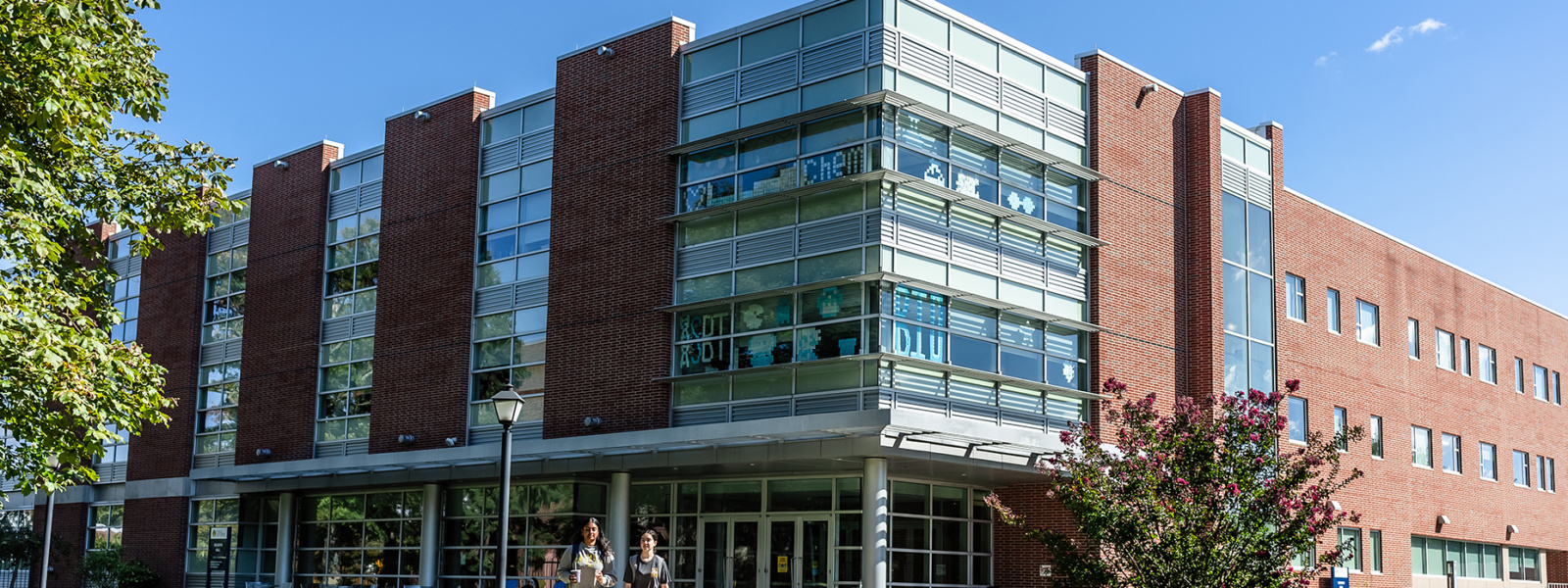La Salle University

What You’ll learn
As a mathematics major at La Salle, you will learn to observe reality with precision, think logically, and communicate effectively—all skills that build a strong foundation for your future career. Coursework begins with the calculus sequence in your first year of study and progresses to advanced studies in mathematics, including courses in probability, statistics, differential equations, and mathematical modeling, among others. Supplemental classes in computer programming and physics help to round out your studies. Students who wish to further diversify their academic pursuits will often pair their mathematics major with a second major in an area like Computer Science, Economics, Finance, or Chemistry.
Why Study Mathematics at La Salle?
Students in the department benefit from small class sizes, individualized advising, and close collaboration with faculty and peers. Our department is a co-founder of the annual Philadelphia Undergraduate Mathematics Conference (PUMC). Students in all years of study get acquainted and make connections with the larger mathematical community beyond La Salle by participating in the PUMC and other local and regional events. Education majors at La Salle also have the option to gain certification specialization in Mathematics through our department as well.
Highlighted Courses
MTH 322: Differential Equations
This course caps off the calculus sequence with an in-depth study of first-order and higher-order differential equations from analytical, graphical, and numerical perspectives. Additional topics include Laplace transform methods, systems of coupled linear differential equations, phase portraits and stability, among others. Throughout the course applications to the natural and social sciences are emphasized.
MTH 335: Graph Theory
This course incorporates both theoretical results and applications of graph theory. Students construct proofs and formulate graph models to solve problems in fields such as computer science and the natural and social sciences. Topics include directed, weighted, and planar graphs, connectivity, matching, coloring, graph algorithms, optimization, and network flows.
MTH 410: Probability
This course is an advanced study of the field of probability and covers all the topics necessary to sit for Exam P given by the Society of Actuaries. Topics include both discrete and continuous random variables, conditional probability and independence, jointly distributed random variables, and expectation.
Meet the Faculty
Career Opportunities
Mathematics majors find success in a variety of careers, including:
- Actuaries
- Computer Scientists
- Crytographers
- Data Scientists
- Economists
- Educators
- Financial Analysts
- Statisticians
Many graduates of La Salle’s mathematics program have also pursued master’s or doctoral programs in mathematics or statistics, while others have attended medical school or law school.
Undergraduate Research
Undergraduate research opportunities exist year-round and regularly lead to fully funded travel to present your work at local, regional, and national conferences.